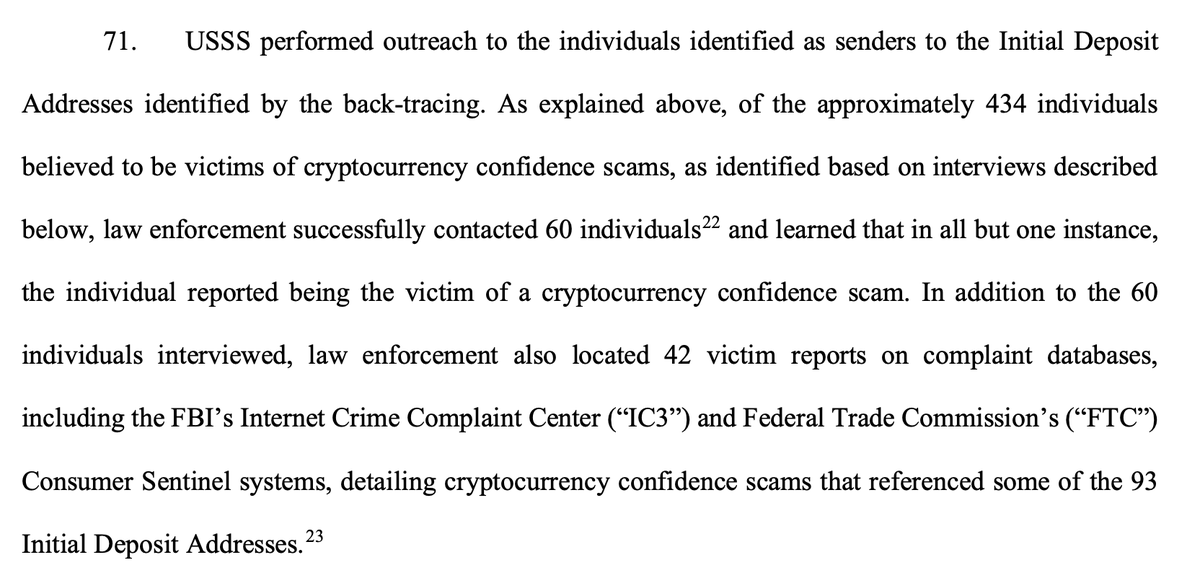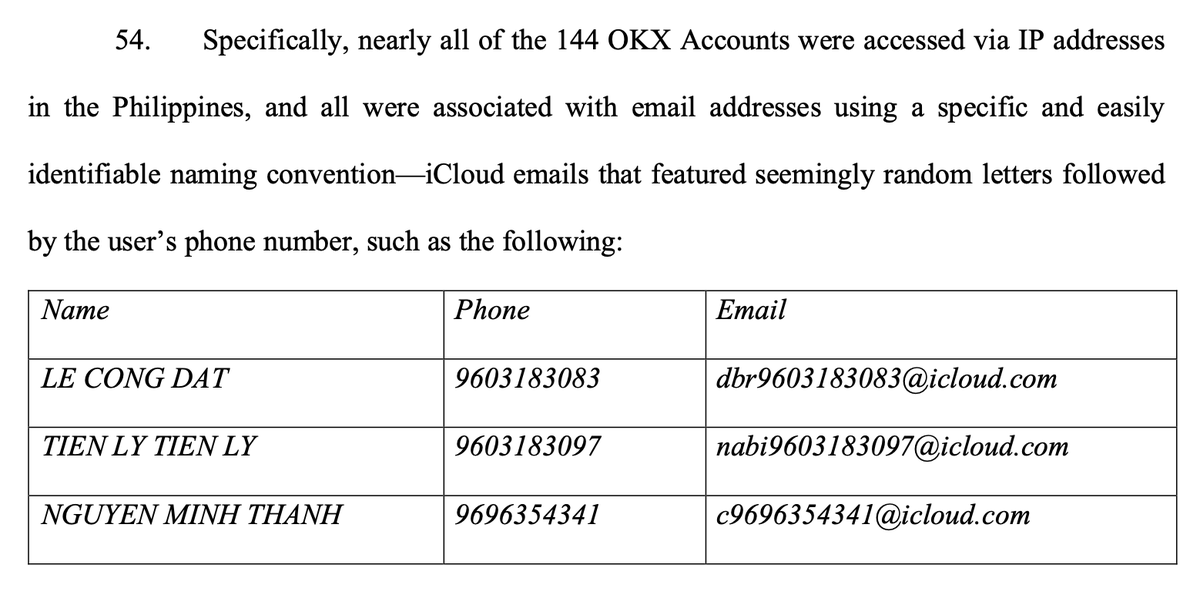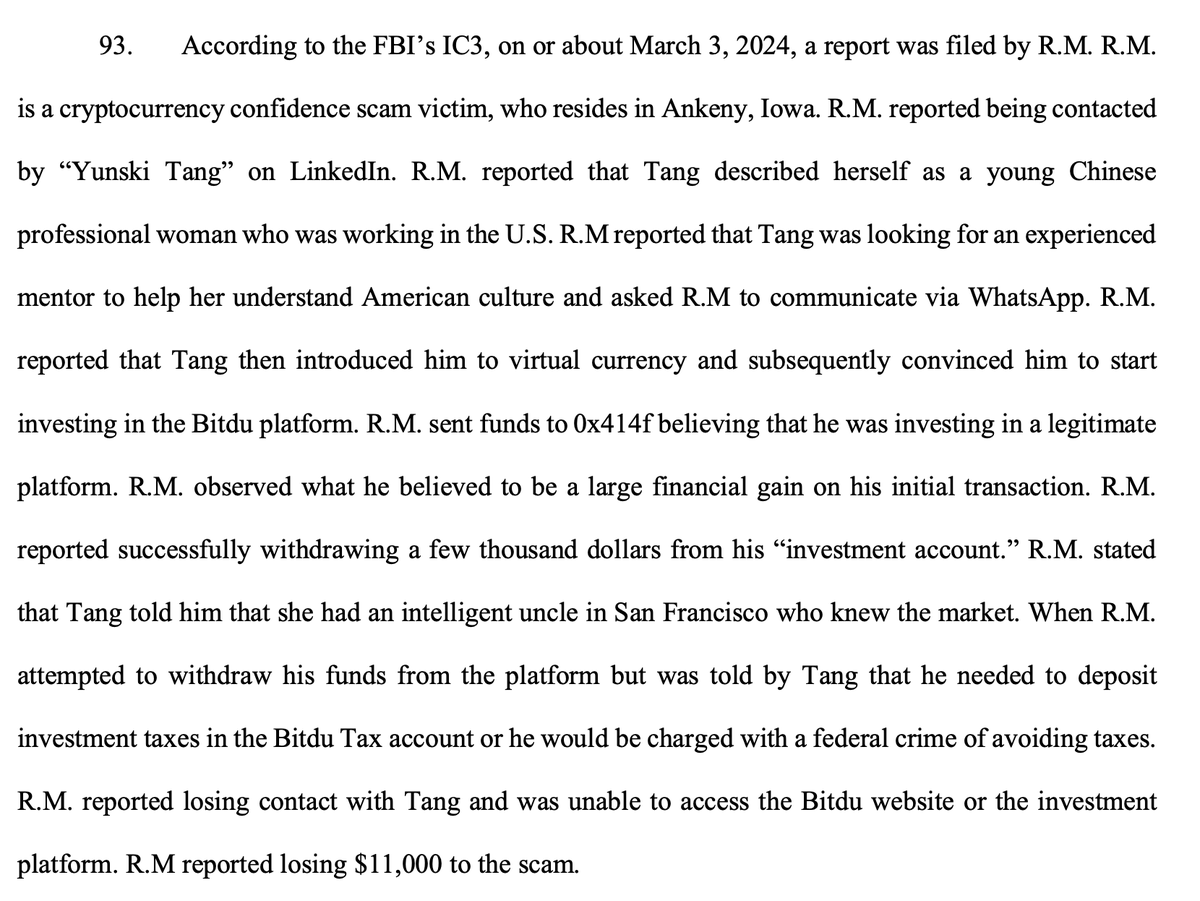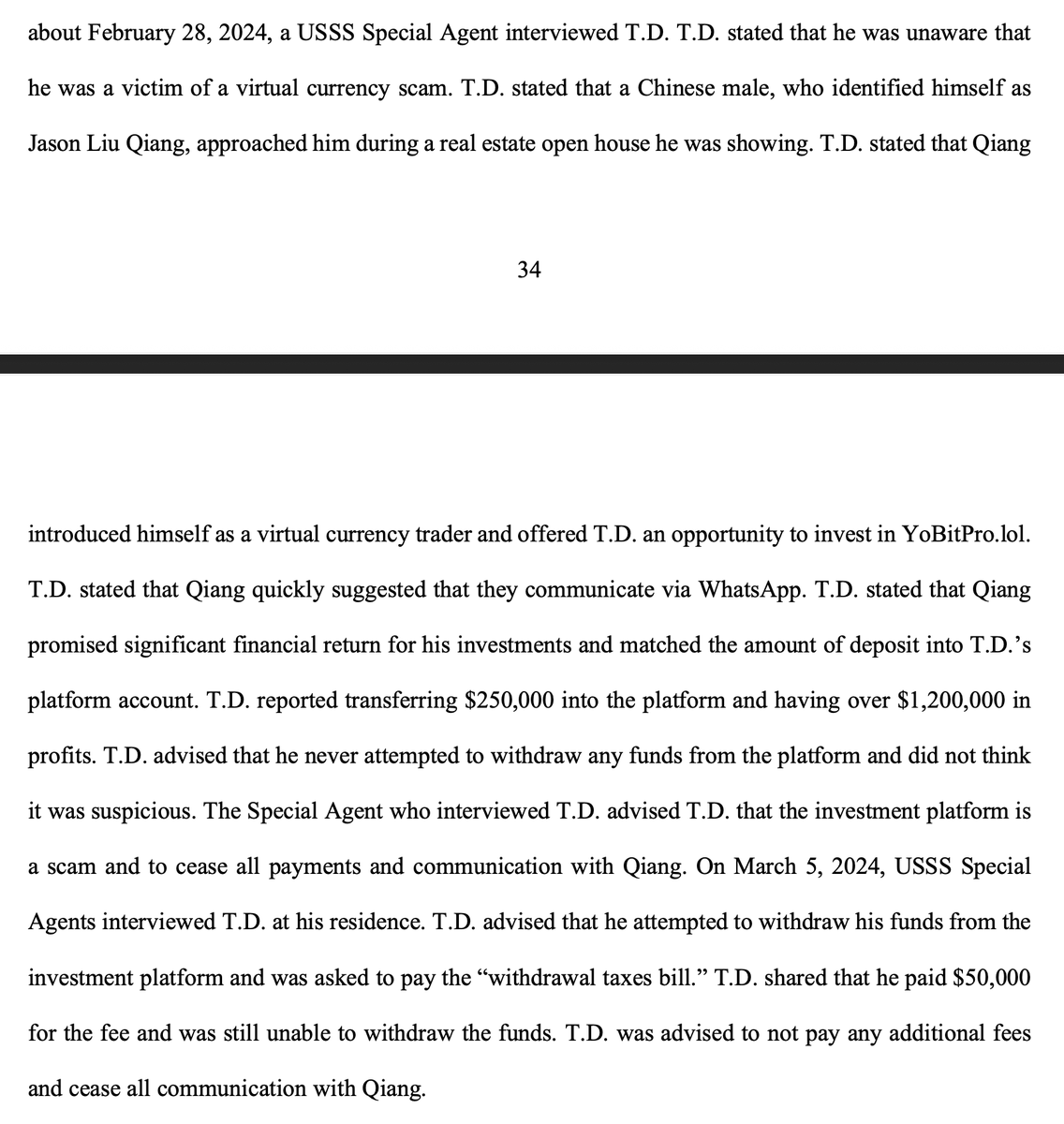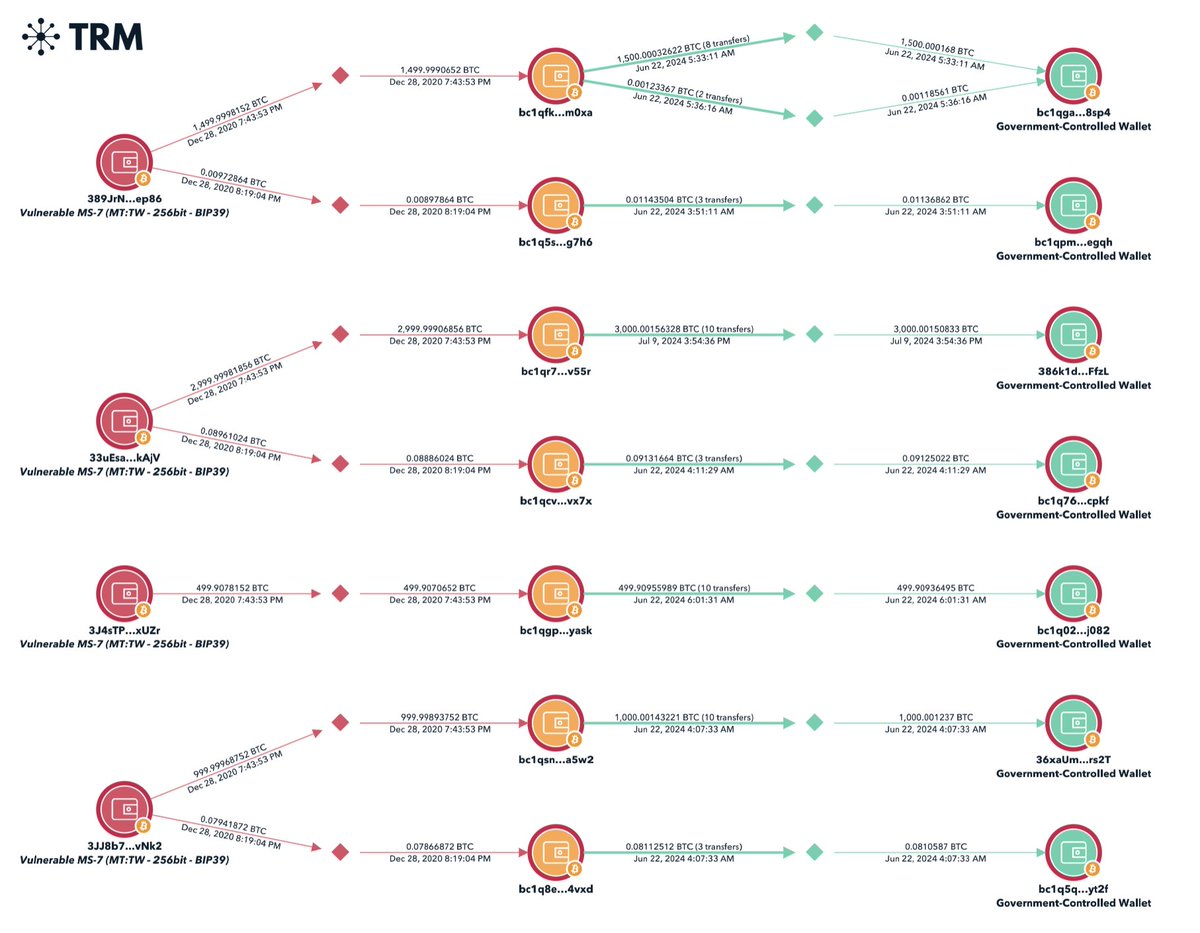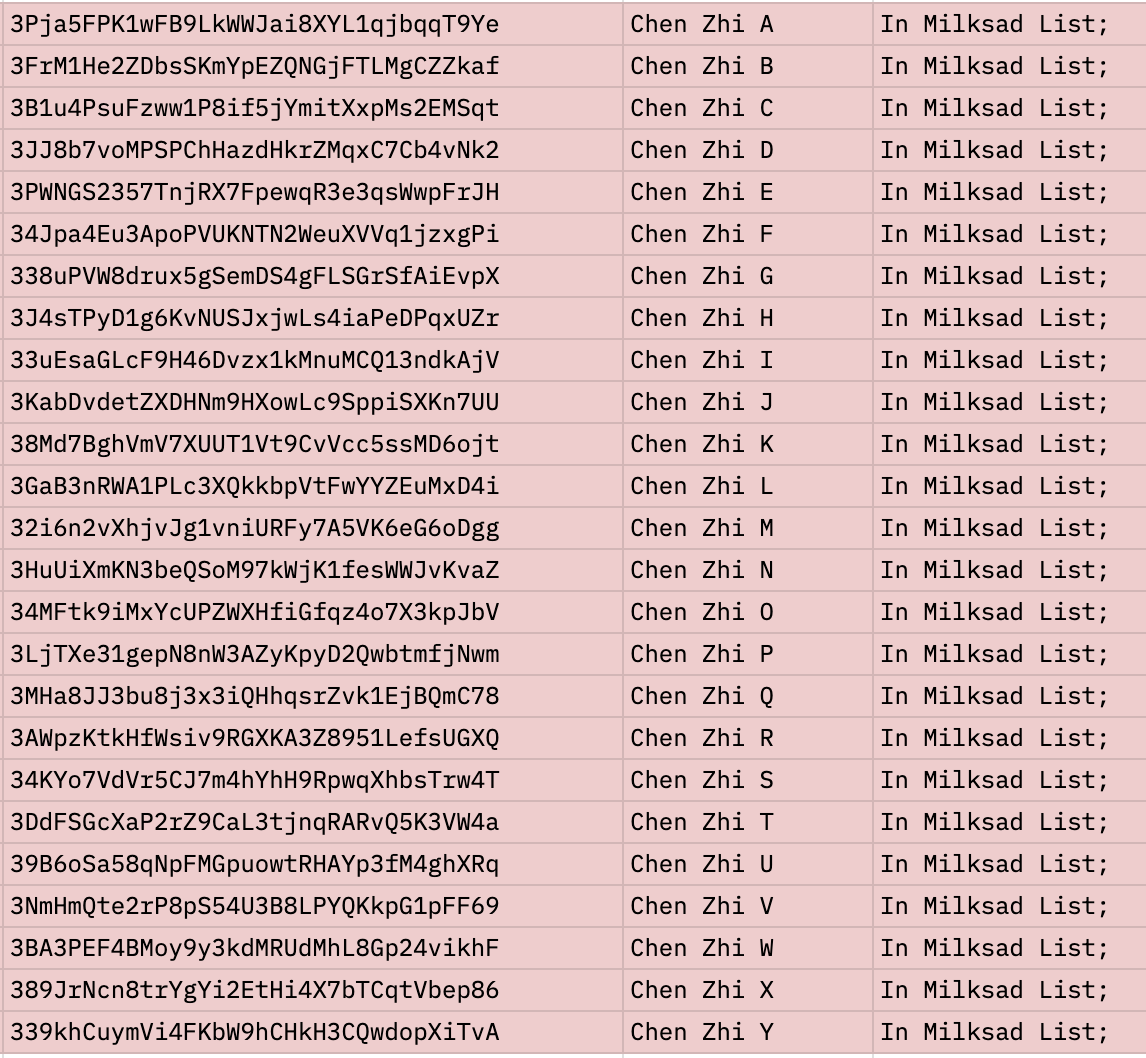#qcx
> he lost roughly $28m on external exchanges
> $115m of the company’s revenue was conjured by Cotten
> $2m was pocketed by Cotten for his own luxury expenses
> $46m has been seized in court proceedings
> $23-24 million is unaccounted
decrypt.co/32080/quadriga…
> he lost roughly $28m on external exchanges
> $115m of the company’s revenue was conjured by Cotten
> $2m was pocketed by Cotten for his own luxury expenses
> $46m has been seized in court proceedings
> $23-24 million is unaccounted
decrypt.co/32080/quadriga…
“The misconduct uncovered in relation to Quadriga is limited to Quadriga,” said the Ontario regulator, “and should not be understood as applying to the crypto asset platform industry as a whole.”
No one tell him about the bitwise report. 🙈🙊😂
#qcx
No one tell him about the bitwise report. 🙈🙊😂
#qcx
Guys I love you but seriously. A regulator just stood up for our bullshit. Stop ruining it.
https://twitter.com/josephfcox/status/1271454366222790658?s=19
• • •
Missing some Tweet in this thread? You can try to
force a refresh


